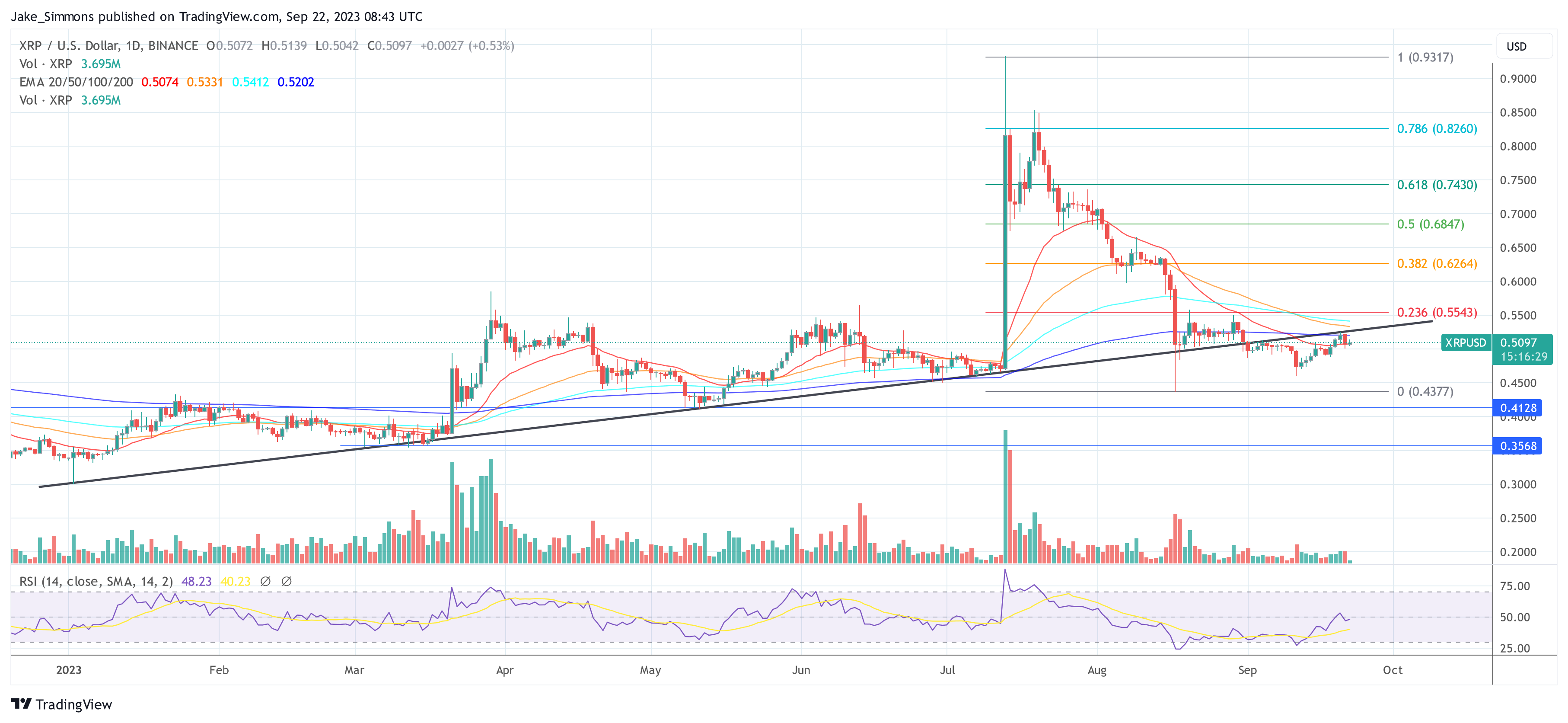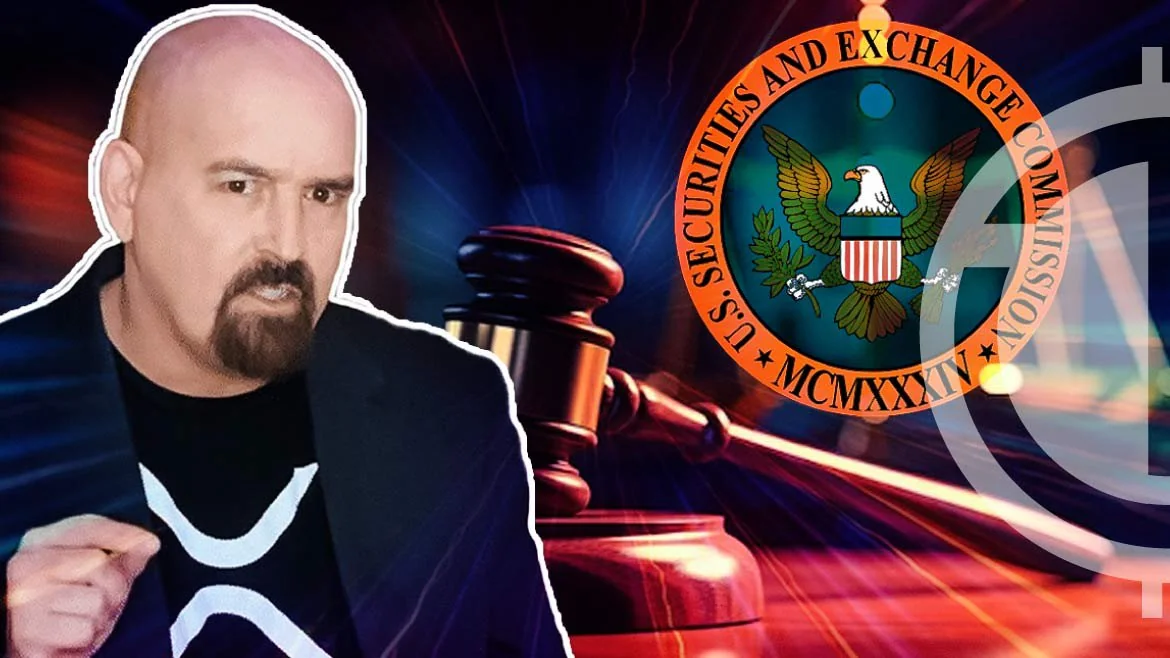In the ongoing legal battle between Ripple and the US Securities and Exchange Commission (SEC), John Deaton, a prominent lawyer supporting XRP, has recently shed light on potential conflicts of interest and regulatory capture that may have influenced the SEC’s decision to take legal action against Ripple.
Ethereum is at the epicenter of these allegations. The intricate tapestry referred to as “ETH-Gate” reveals a complex network of connections. The charges are multifaceted and challenging to navigate. In a recent tweet, Deaton distilled the most critical details.
How Ripple Became The Alleged Victim
Beginning with an explanation of “regulatory capture,” Deaton tweets, “What is regulatory capture: regulatory capture, a form of government failure in which a regulatory agency, which is supposed to represent the needs of the greater public, advances the commercial concerns of a special interest group w/in the sector the agency is supposed to be regulating.”
Deaton brings attention to a sequence of events that connects former SEC Chairman Jay Clayton, SEC official William Hinman, and venture capital firm a16z (Andreessen Horowitz). On March 26, 2018, Lowell Ness, a lawyer representing a16z, allegedly delivered a note and Safe Harbor document to Hinman. The document specifically referenced ETH.
Shortly after, Hinman, while not officially retired and still a profit-sharing partner with his law firm which was part of the Enterprise Ethereum Alliance (EEA), declared ETH to be a non-security. Deaton states, “Hinman’s law firm was a member of the EEA and Hinman was not retired, but instead, was a profit sharing partner with his law firm, when he declared ETH a non-security 10 weeks later.”
Furthermore, Deaton alleges a direct conflict of interest involving Clayton’s law firm representing Joseph Lubin, ETH’s co-founder, and Consensys, a major ETH holder and promoter. Highlighting another potential conflict, Deaton mentions, “Clayton’s firm also brokered the merger between Quorum and Consensys using the JPMCoin, a direct competitor to Ripple and XRP.”
Further complicating matters is the involvement of Joe Grundfest. According to Deaton, Grundfest was an integral part of the said working group, and he had interactions with Ethereum founders as early as 2014-2015.
Quoting Grundfest, Deaton states, “He said XRP should not be treated any differently than ETH. Grundfest pointed out that the mass exodus of Clayton, Hinman, Berger etc was suspicious. He said there was no reason to bring the suit considering XRP had traded publicly for seven years and that innocent people with no connection to Ripple would suffer the most.”
However, despite the pleas, Clayton made the decision to sue Ripple on his way out of the SEC. Not long after, Clayton joined One River, which had previously placed a $1 billion bet on Bitcoin and Ethereum.
Tying the narrative back to Hinman, Deaton remarks on Hinman’s lucrative re-entry into the private sector, “Hinman returned to his EEA law firm $15 Million richer after less than 3 years at the SEC and then later became partners at A16Z with the same people who helped put that list together asking for the safe harbour for ETH.”
Moreover, Deaton raises questions about Hinman’s compliance with directives, claiming that “His own SEC emails prove Hinman ignored that instruction and violated 18 USC 208 three more times by meeting them.”
The revelations made by Deaton are significant, hinting at questionable practices and connections within the SEC during the time of Ripple’s lawsuit filing. As of the time of this report, neither the SEC nor the involved parties have made any official statements in response to Deaton’s allegations.
At press time, XRP traded at $0.5097.

Featured image from Reddit, chart from TradingView.com
